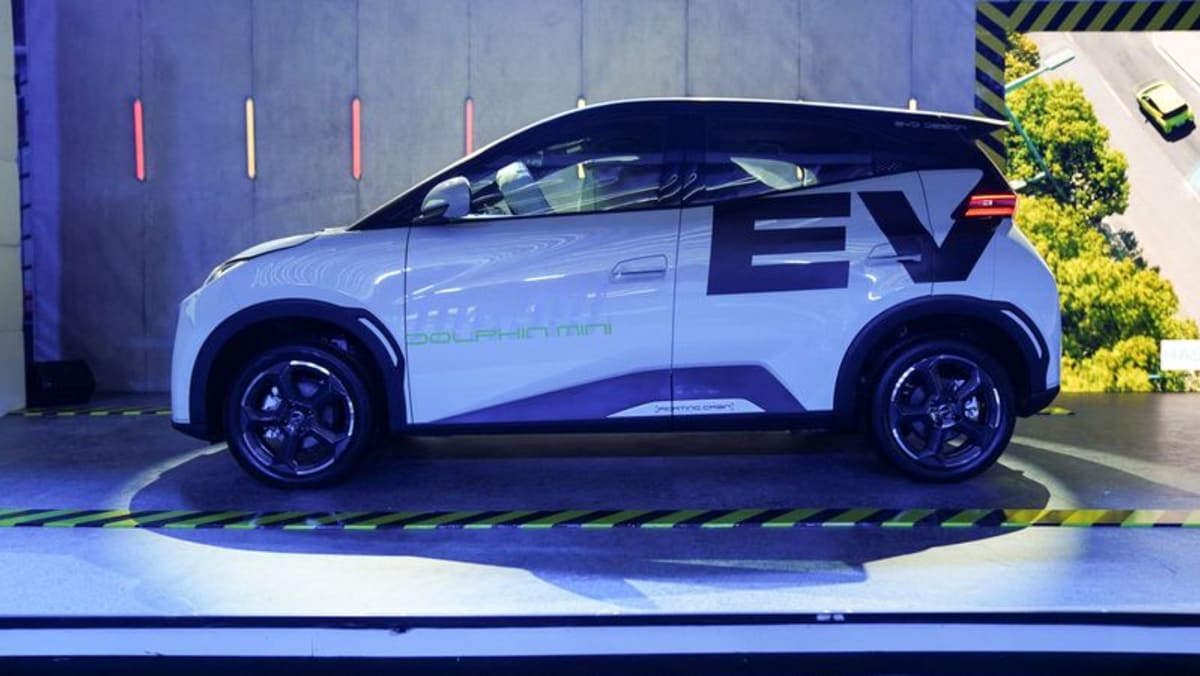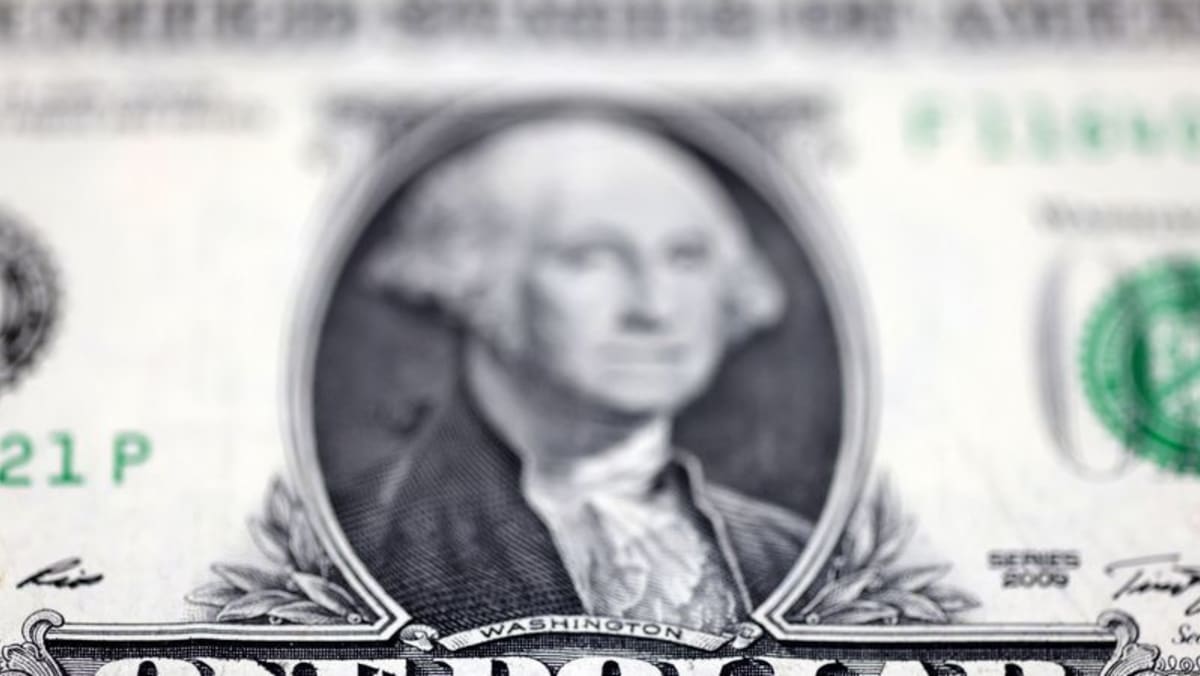Commentary: Bans on electric cars and solar panels? It’s not so implausible

We’re already seeing evidence of this on multiple continents. Local content requirements and tariff barriers on solar panels, designed to build up domestic manufacturing industries, have operated in many places (including India, the United States, South Africa, and Indonesia) as soft bans that have pushed up costs, slowed deployments, and favoured incumbent fossil-fired power generation and emissions.
The European Union, which doesn’t impose tariffs on photovoltaic imports, installed nearly twice as much solar last year as the US, and more than seven times as much as India, despite weather that’s far less suited for the technology.
FEAR OF “CHINESE-CONNECTED ELECTRIC VEHICLES”
Electric vehicles look like they may be the next front in this conflict. China’s shift from one of the world’s biggest car importers to among its biggest exporters has troubled its trading partners. Most of the export drive to date has come from conventional automobiles, but China’s innovative technological edge in EVs has put electric models in the spotlight.
So far, the outrage has been fairly muted. Tariffs of 25 per cent imposed under the Trump administration mean that few Chinese vehicles appear on US roads anyway, and in Europe they’re still not a dominant presence.
Nonetheless, Brussels last October announced an investigation into whether Chinese cars had benefited from unfair subsidies, and the White House last month started an inquiry into Chinese technology in “connected vehicles”, a category that sweeps in electric cars as well as many conventional ones.
Source: CNA














